- मुख्यपृष्ठ
- उद्योग
- उद्योग
- Fang Kuai बॉयलर मागणीनुसार ऑफर करतो, उष्णतेसाठी प्रक्रिया वाफेची आवश्यकता असलेल्या औद्योगिक आणि व्यावसायिक अनुप्रयोगांसाठी मॉड्यूलर स्टीम सोल्यूशन्स, नसबंदी, आर्द्रीकरण, आणि अधिक.
- उत्पादने
- जागतिक प्रकरण
- आमच्याबद्दल
- बातम्या
- संपर्क





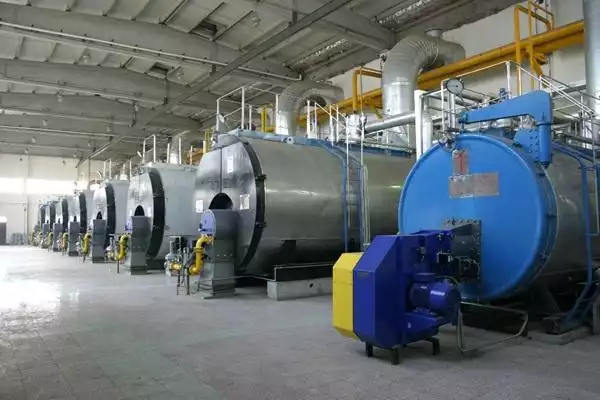
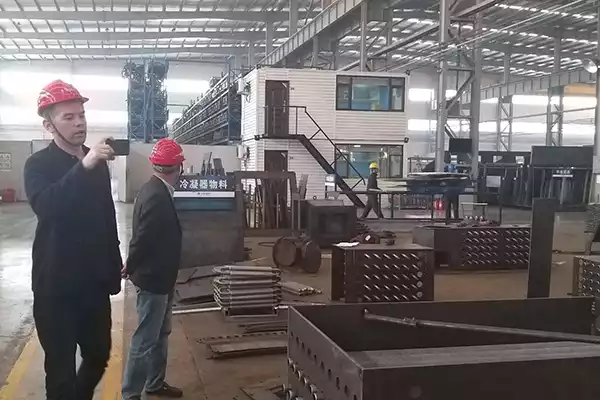
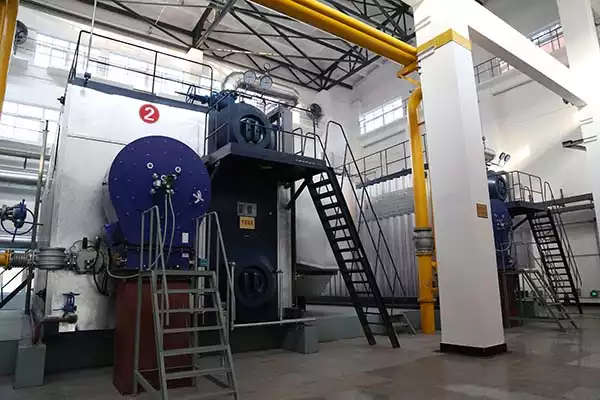
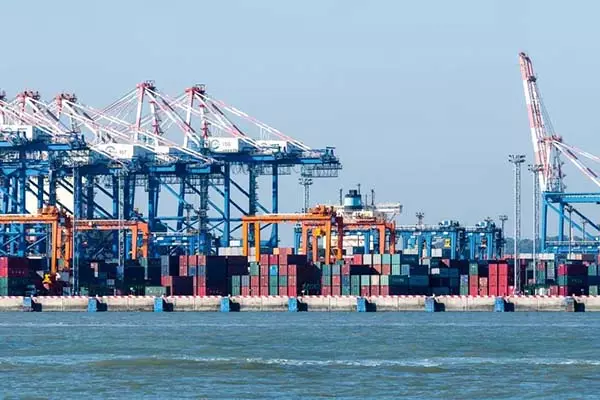
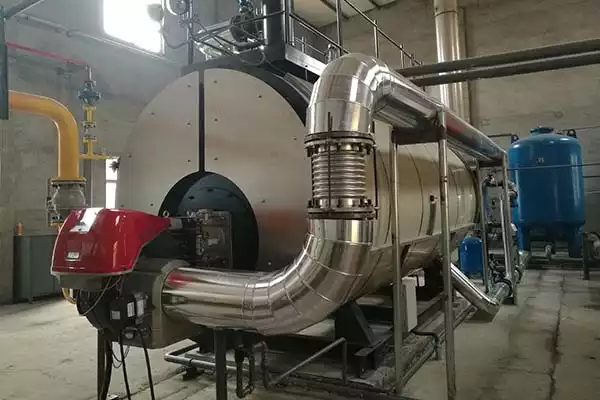
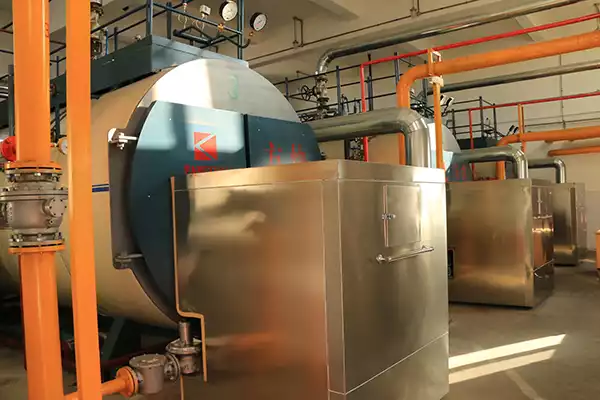
.jpg)



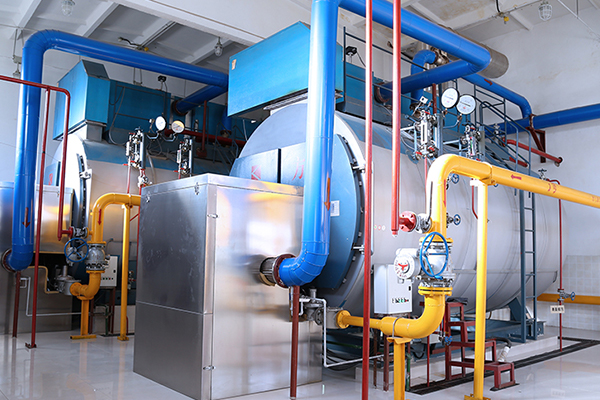
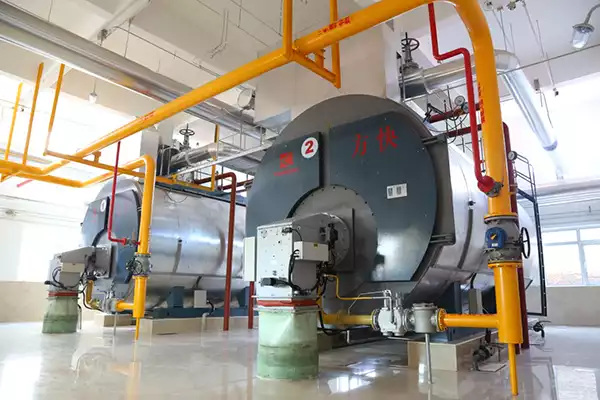
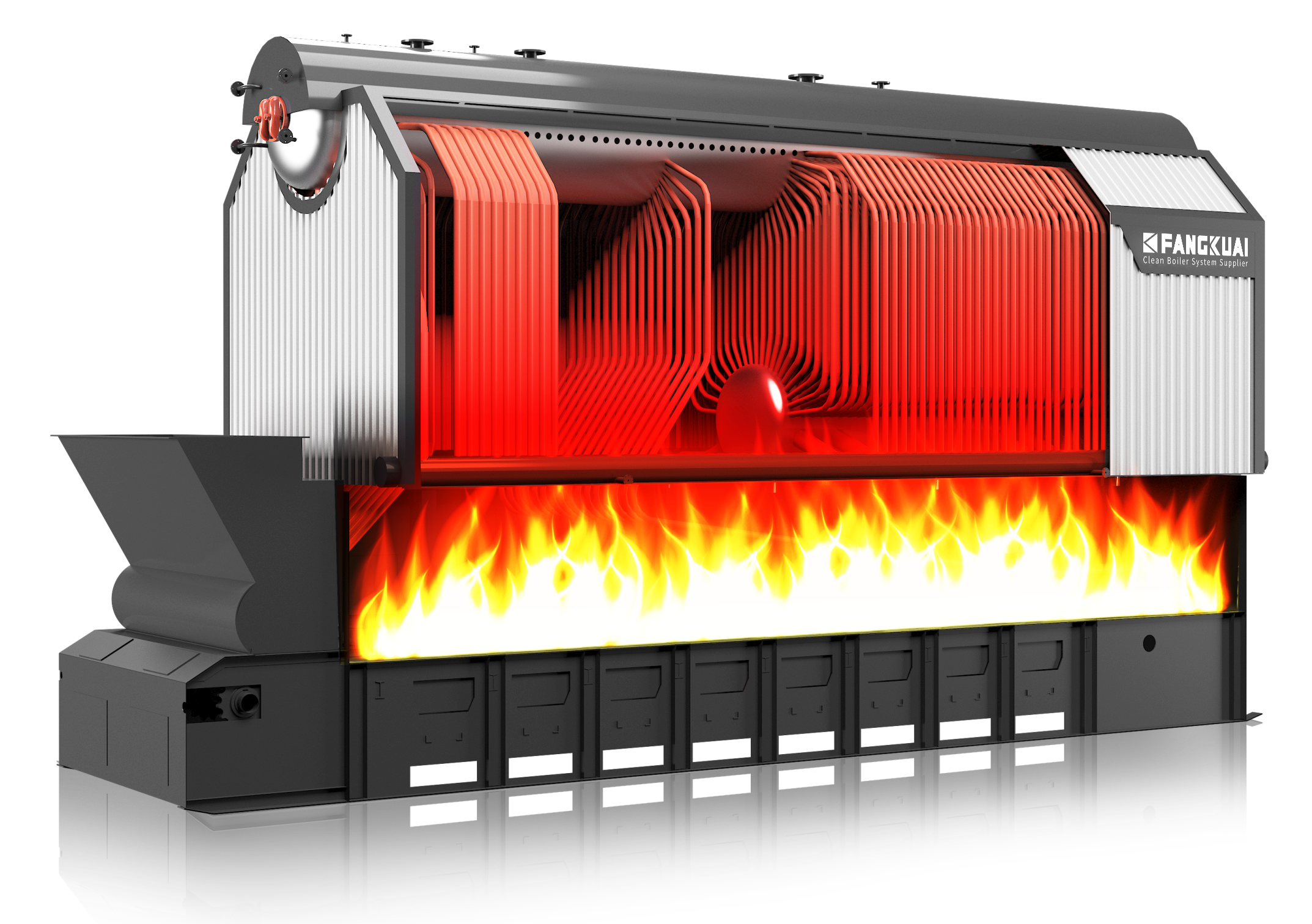
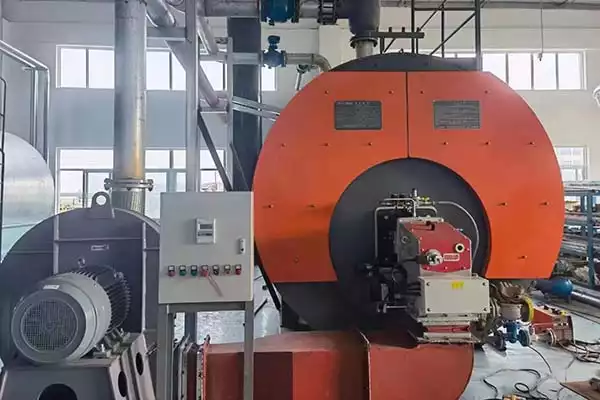
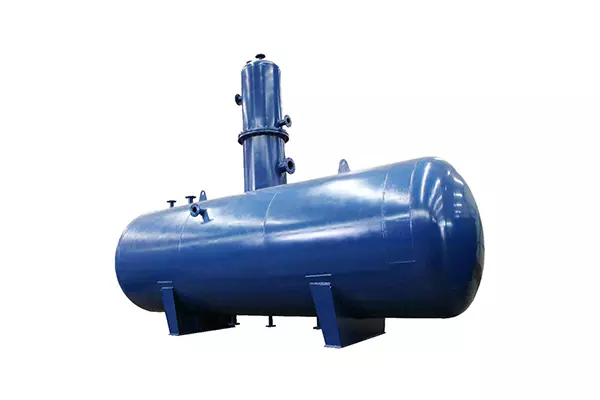
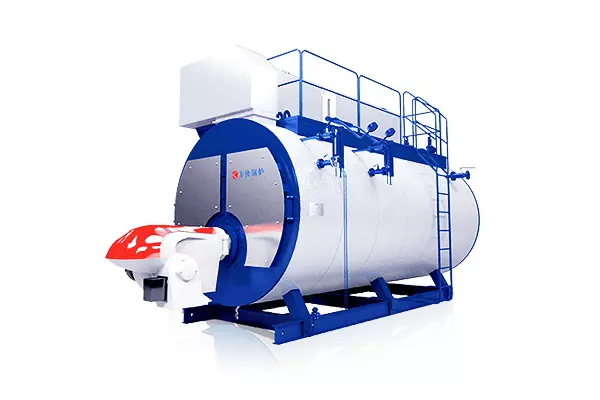
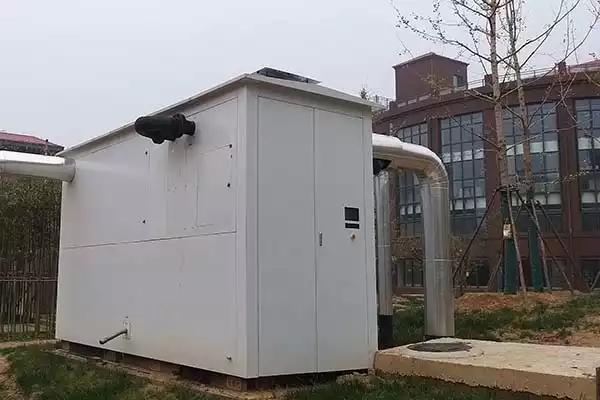
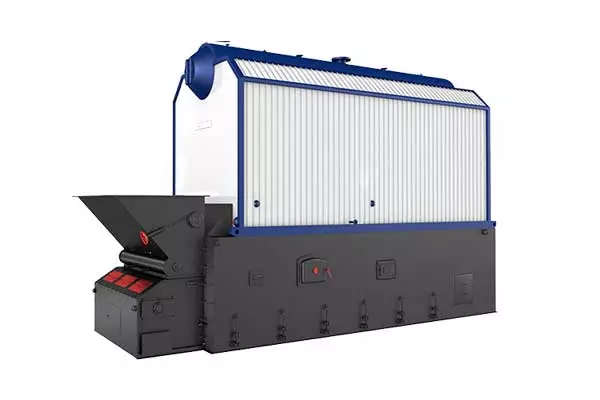



व्हीie आमच्या ग्राहकांची पुनरावलोकने
"Fangkuai मधील स्टीम बॉयलर माझ्या अन्न प्रक्रिया व्यवसायासाठी योग्य आहे. हे आमच्या सर्व गरजा पूर्ण करते आणि खूप विश्वासार्ह आहे. सामग्रीची गुणवत्ता आणि बॉयलरचे बांधकाम अपवादात्मक आहे. हे ऑपरेट करणे आणि देखभाल करणे देखील खूप सोपे आहे, ज्याने आम्हाला देखभालीवर वेळ आणि पैसा वाचवण्यास मदत केली आहे. विश्वसनीय हीटिंग सोल्यूशन्सची आवश्यकता असलेल्या कोणालाही मी Fangkuai च्या स्टीम बॉयलरची शिफारस करतो."
जेसन
ब्राझील"Fangkuai मधील गरम पाण्याचा बॉयलर अप्रतिम आहे. ते त्वरीत आणि कार्यक्षमतेने गरम होते, आणि पाणी बराच काळ गरम राहते. आम्हाला यात कधीही कोणतीही समस्या आली नाही आणि यामुळे आमच्या दैनंदिन कामकाजात लक्षणीय सुधारणा झाली आहे. प्रतिष्ठापन प्रक्रिया देखील अतिशय गुळगुळीत होती आणि ग्राहक सेवा उत्कृष्ट होती. मी Fangkuai च्या गरम पाण्याच्या बॉयलरची जोरदार शिफारस करतो."
सारा
कॅनडा"मी माझ्या कारखान्यासाठी फॅंगकुई स्टीम बॉयलर खरेदी केला आहे आणि तो आता अनेक महिन्यांपासून निर्दोषपणे काम करत आहे. सामग्रीची गुणवत्ता आणि बॉयलरचे बांधकाम प्रभावी आहे. हे खूप ऊर्जा कार्यक्षम देखील आहे, ज्याने आम्हाला आमच्या ऊर्जा बिलांवर पैसे वाचवण्यास मदत केली आहे. विश्वासार्ह आणि कार्यक्षम हीटिंग सोल्यूशन्सची आवश्यकता असलेल्या प्रत्येकासाठी मी Fangkuai च्या उत्पादनांची जोरदार शिफारस करतो."
जॉन
संयुक्त राज्य"Fangkuai मधील स्टीम बॉयलर माझ्या अन्न प्रक्रिया व्यवसायासाठी योग्य आहे. हे आमच्या सर्व गरजा पूर्ण करते आणि खूप विश्वासार्ह आहे. सामग्रीची गुणवत्ता आणि बॉयलरचे बांधकाम अपवादात्मक आहे. हे ऑपरेट करणे आणि देखभाल करणे देखील खूप सोपे आहे, ज्याने आम्हाला देखभालीवर वेळ आणि पैसा वाचवण्यास मदत केली आहे. विश्वसनीय हीटिंग सोल्यूशन्सची आवश्यकता असलेल्या कोणालाही मी Fangkuai च्या स्टीम बॉयलरची शिफारस करतो."
जेसन
ब्राझील"Fangkuai मधील गरम पाण्याचा बॉयलर अप्रतिम आहे. ते त्वरीत आणि कार्यक्षमतेने गरम होते, आणि पाणी बराच काळ गरम राहते. आम्हाला यात कधीही कोणतीही समस्या आली नाही आणि यामुळे आमच्या दैनंदिन कामकाजात लक्षणीय सुधारणा झाली आहे. प्रतिष्ठापन प्रक्रिया देखील अतिशय गुळगुळीत होती आणि ग्राहक सेवा उत्कृष्ट होती. मी Fangkuai च्या गरम पाण्याच्या बॉयलरची जोरदार शिफारस करतो."
सारा
कॅनडा"Fangkuai च्या गरम पाण्याच्या बॉयलरच्या गुणवत्तेने मी खूप प्रभावित झालो आहे. ते टिकण्यासाठी बांधले गेले आहे आणि माझ्या अपेक्षेपेक्षा जास्त आहे. प्रतिष्ठापन प्रक्रिया देखील अतिशय गुळगुळीत होती आणि ग्राहक सेवा उत्कृष्ट होती. गरम पाण्याचा बॉयलर ऑपरेट करणे आणि देखभाल करणे खूप सोपे आहे, आणि ऊर्जा कार्यक्षमता उल्लेखनीय आहे. मी Fangkuai च्या गरम पाण्याच्या बॉयलरची जोरदार शिफारस करतो."
जॅक
ऑस्ट्रेलिया"Fangkuai मधील स्टीम बॉयलर माझ्या अन्न प्रक्रिया व्यवसायासाठी योग्य आहे. हे आमच्या सर्व गरजा पूर्ण करते आणि खूप विश्वासार्ह आहे. सामग्रीची गुणवत्ता आणि बॉयलरचे बांधकाम अपवादात्मक आहे. हे ऑपरेट करणे आणि देखभाल करणे देखील खूप सोपे आहे, ज्याने आम्हाला देखभालीवर वेळ आणि पैसा वाचवण्यास मदत केली आहे. विश्वसनीय हीटिंग सोल्यूशन्सची आवश्यकता असलेल्या कोणालाही मी Fangkuai च्या स्टीम बॉयलरची शिफारस करतो."
जेसन
ब्राझील"Fangkuai च्या गरम पाण्याच्या बॉयलरच्या गुणवत्तेने मी खूप प्रभावित झालो आहे. ते टिकण्यासाठी बांधले गेले आहे आणि माझ्या अपेक्षेपेक्षा जास्त आहे. प्रतिष्ठापन प्रक्रिया देखील अतिशय गुळगुळीत होती आणि ग्राहक सेवा उत्कृष्ट होती. गरम पाण्याचा बॉयलर ऑपरेट करणे आणि देखभाल करणे खूप सोपे आहे, आणि ऊर्जा कार्यक्षमता उल्लेखनीय आहे. मी Fangkuai च्या गरम पाण्याच्या बॉयलरची जोरदार शिफारस करतो."
जॅक
ऑस्ट्रेलिया"Fangkuai चे स्टीम जनरेटर उत्कृष्ट आहेत. ते वापरण्यास अतिशय सोपे आहेत आणि किमान देखभाल आवश्यक आहे. Fangkuai येथील ग्राहक सेवा देखील अपवादात्मक आहे. ते खूप प्रतिसाद देतात आणि मदत करण्यास नेहमी तयार असतात. स्टीम जनरेटरची ऊर्जा कार्यक्षमता देखील उल्लेखनीय आहे, ज्याने मला माझ्या ऊर्जा बिलांवर पैसे वाचवण्यास मदत केली आहे. मी Fangkuai च्या स्टीम जनरेटरची अत्यंत शिफारस करतो."
मारिया
स्पेन